Please note: As we continue to learn more about COVID-19, the information in this article may change. You can find our most up-to-date information about coronavirus here.
You may have heard reports that the Centers for Disease Control and Prevention (CDC) was looking into a small number of cases of heart inflammation in teens who received the COVID-19 vaccine. While investigators have not established that the heart condition — known as myocarditis — was caused by the shots, and most cases appear to be mild, you may still have concerns. We’ve asked Infectious disease expert Dr. Alexandra Brugler Yonts and cardiologist Dr. Craig Sable to tell us more about the findings.
Is myocarditis a potential side effect of the COVID-19 vaccines?
In late May, the Centers for Disease Control and Prevention (CDC) began looking into several dozen reports through routine safety surveillance mechanisms (Vaccine Adverse Events Reporting Systems or VAERS) that a very small number of adolescents and young adults developed the heart issue myocarditis within a week of receiving the Pfizer or Moderna COVID-19 vaccine. Myocarditis is an inflammation of the heart muscle that decreases the ability of the heart to pump blood normally.
As a result the FDA, CDC and other public health agencies are monitoring and investigating these reports to determine if there is any association or link to COVID-19 vaccination. At this time, the consensus from the medical and scientific community is that the benefits of COVID-19 vaccination, and subsequent prevention of COVID-19 disease and complications of Multisystem Inflammatory Syndrome in Children (MIS-C) and Post-Acute COVID Syndrome (“long COVID”), far outweigh the rare, possible risk of myocarditis. The CDC continues to evaluate this and posts regular updates to their website.
While the CDC investigates, are public health authorities recommending we pause the use of these vaccines?
At this time, the consensus from the medical and scientific community is that the benefits of COVID-19 vaccination, and subsequent prevention of COVID-19 disease and complications of Multisystem Inflammatory Syndrome in Children (MIS-C) and Post-Acute COVID Syndrome (“long COVID”), far outweigh the rare, possible risk of myocarditis.
Children’s National Hospital continues to recommend COVID-19 vaccination for all children who are eligible.
What is myocarditis?
Myocarditis is an inflammation of the heart muscle that decreases the ability of the heart to pump blood normally.
What should parents look for after their child receives the vaccine?
We recommend that parents monitor their children for symptoms of chest pain, shortness of breath and fast or irregular heartbeat that may be consistent with myocarditis, and immediately report those symptoms to their doctor.
Are children with a congenital heart defect at an elevated risk for developing myocarditis?
In general, there is no evidence that congenital heart disease increases the risk of myocarditis.
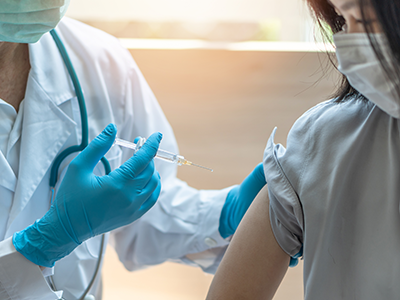 https://riseandshine.childrensnational.org/wp-content/uploads/2020/11/person-being-vaccinated-feature.png
300
400
Rise and Shine
https://riseandshine.childrensnational.org/wp-content/uploads/2017/11/childrens_riseandshine_logo.jpg
Rise and Shine2025-05-15 07:00:242025-05-23 10:39:33Answers to your questions about the COVID-19 vaccine and booster for children
https://riseandshine.childrensnational.org/wp-content/uploads/2020/11/person-being-vaccinated-feature.png
300
400
Rise and Shine
https://riseandshine.childrensnational.org/wp-content/uploads/2017/11/childrens_riseandshine_logo.jpg
Rise and Shine2025-05-15 07:00:242025-05-23 10:39:33Answers to your questions about the COVID-19 vaccine and booster for children



 Craig Sable, MD, was the Associate Division Chief of Cardiology at Children’s National Hospital in Washington, D.C.
Craig Sable, MD, was the Associate Division Chief of Cardiology at Children’s National Hospital in Washington, D.C.



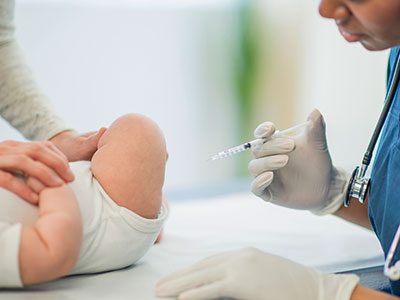
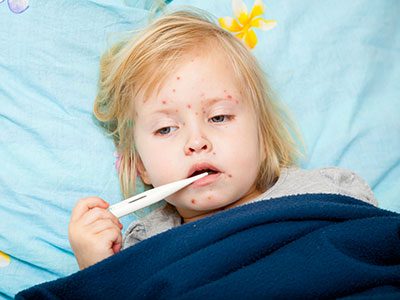
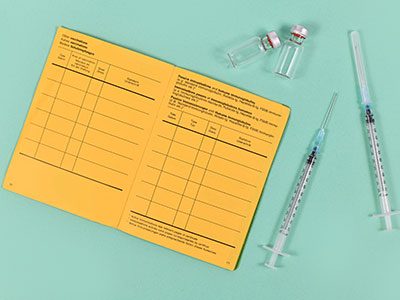



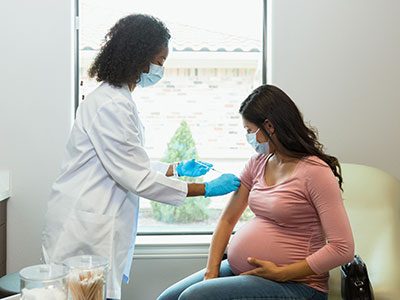


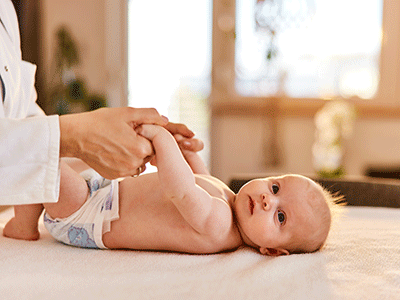



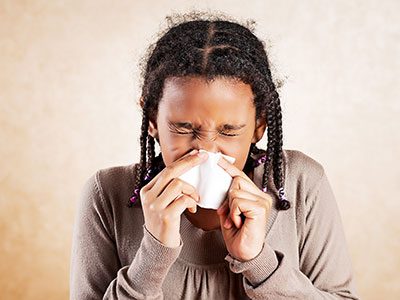
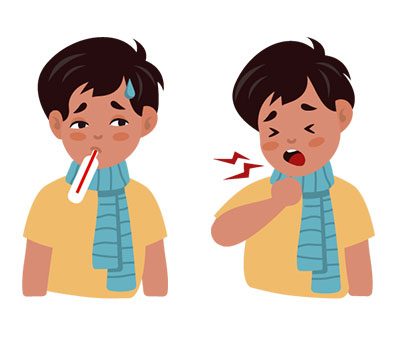
Thank you. Your articles help to understand the relative risks between getting the vaccine and getting the Covid-19 disease.
It would be nice if there were a mechanism to spread a SIMPLE statement that the kids are safer to NOT get the danged disease.